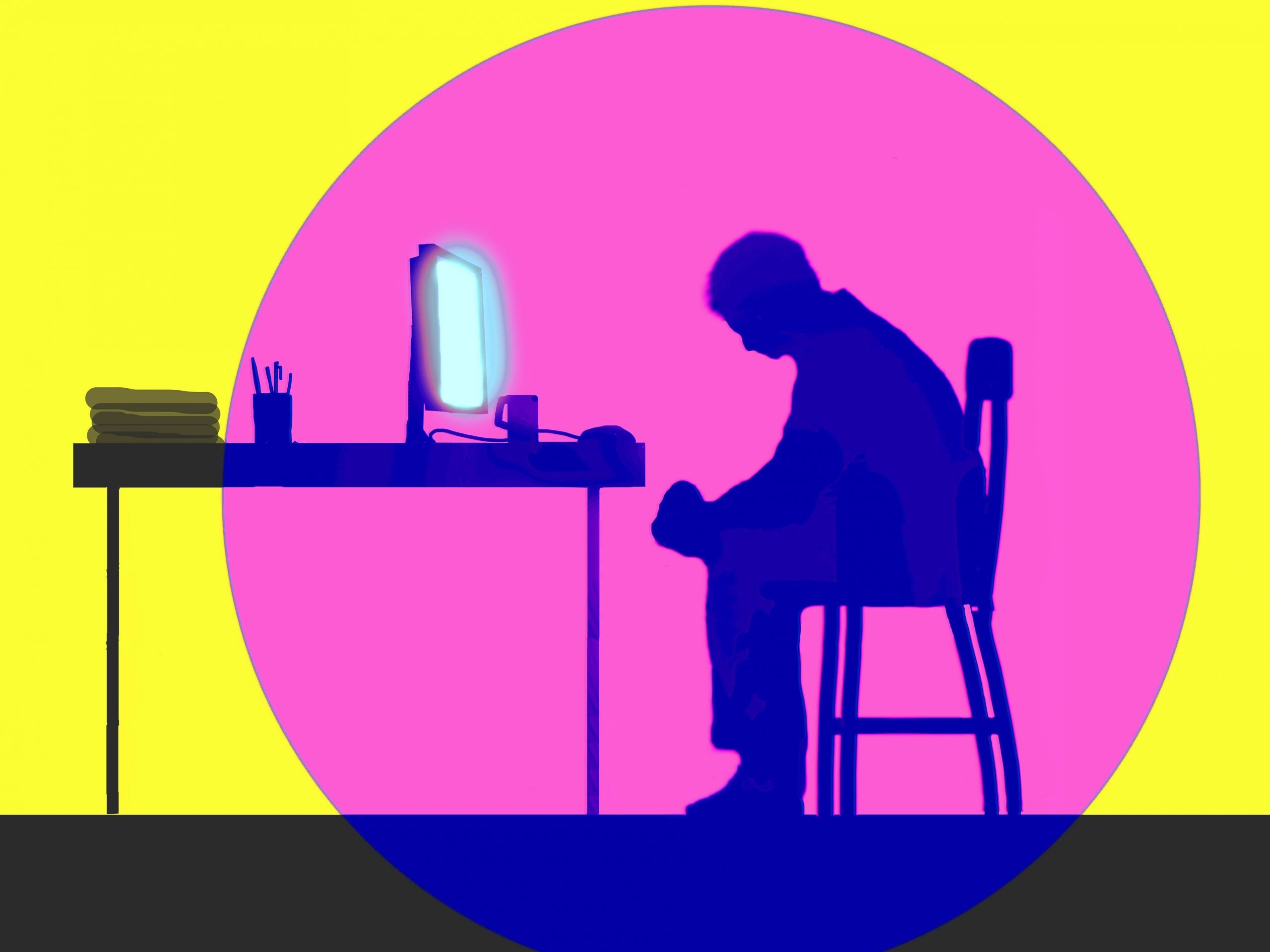
Fanatic Studio Gary Waters/Getty Images
- Startups are well known for high-stress work environments and the pandemic has made it worse.
- Employees across industries are suffering from burnout.
- Do you have a story that you're willing to share with us? Reach out to Jennifer Eum at [email protected].
- See more stories on Insider's business page.
Two years into the pandemic, workers across industries have surrendered to burnout – and many for the first time.
And while the misconception around burnout is that it's only a feeling of emotional and mental exhaustion, the term goes beyond these things. Christina Maslach, a professor of psychology at the University of California, Berkeley, says burnout also comes with a feeling of cynicism about work.
For many years, the startup lifestyle thrived on the overextension of one's wellbeing while building and maintaining a business on uncertainty, even before the pandemic added unhealthy amounts of stress onto daily routines.
Just a few years ago, mantras like "I'll sleep when I'm dead" were seen as badges of honor for entrepreneurs who spent all their waking hours at work, with little downtime.
Today, managing burnout has moved beyond conversation. Many companies from Microsoft to Shake Shack are finally recognizing their responsibility to help employees in need and have even started experimenting with 4-day work weeks. But we know there's still more that needs to be done.
We'd like to hear from you about your daily work routine and how you've been handling burnout during the pandemic.
How did you know when you hit burnout, and what factors contributed to you getting there? How was your health, family, or personal life affected? What, if anything, helped your situation get better?
If you're willing to share your experience, reach out to Jennifer Eum at [email protected].